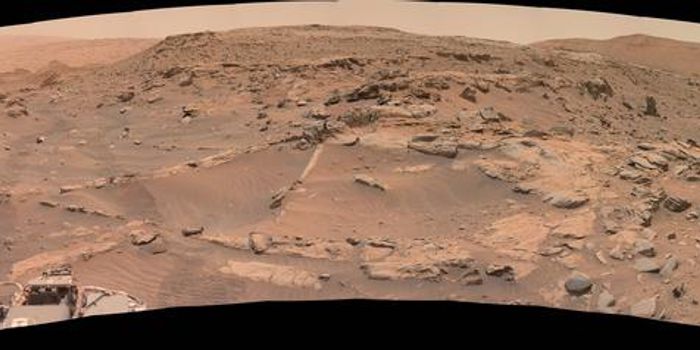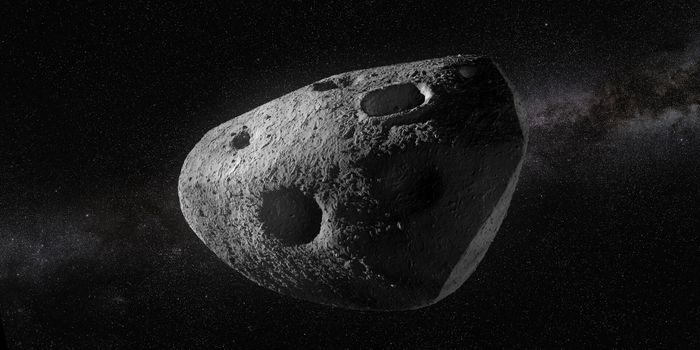AI Predicts Your Chronological Age
Researchers at Osaka Metropolitan University in Japan have devised a new AI tool that can both predict a person’s chronological age simply by examining an individual’s chest and offer insight into a person’s risk of chronic diseases. The team’s new AI approach is described in a recent article published in The Lancet Healthy Longevity.
A person’s chronological age refers, quite literally, to a person’s actual age. Someone born 20 years ago has a chronological age of 20, for example. It differs from a person’s biological age, or the age of cells in their body, which is affected by a number of factors, including a person’s health. But what if technology existed that could detect your chronological age simply by scanning your chest? Researchers have designed a new way to do that with artificial intelligence, but they have also discovered that their AI could help indicate risks for chronic diseases, including high blood pressure and chronic obstructive pulmonary disease (COPD). Here's how.
The artificial intelligence itself is a deep learning network that can analyze a person’s chest radiographs. The network itself is trained using a data set of various radiographic scans from across various institutions to help the technology analyze individual chest radiographs. A data set of scans from roughly 67,000 different people were used to train the artificial intelligence. When using the artificial intelligence to verify a person’s chronological age, the network had a correlation coefficient of 0.95, indicating a very strong correlation that highlights the tool’s ability to accurately determine chronological age.
Then, researchers used a data set of about 37,000 separate scans from people with known diseases. When analyzing individual chest radiographs using this dataset, something interesting happened. Researchers found a positive relationship between disparities in a patient’s actual chronological age and the age the AI predicted and a person’s risk of chronic disease. That is, a difference between actual age and predicted age was positive correlative signal for chronic disease. An AI-predicted age that was higher than chronological age, in particular, signaled a higher risk of chronic diseases.
Researchers hope their tool could be a way to integrate AI-predicated age as a biomarker for detecting chronic conditions.
Sources: Science Daily; Lancet Healthy Longevity








